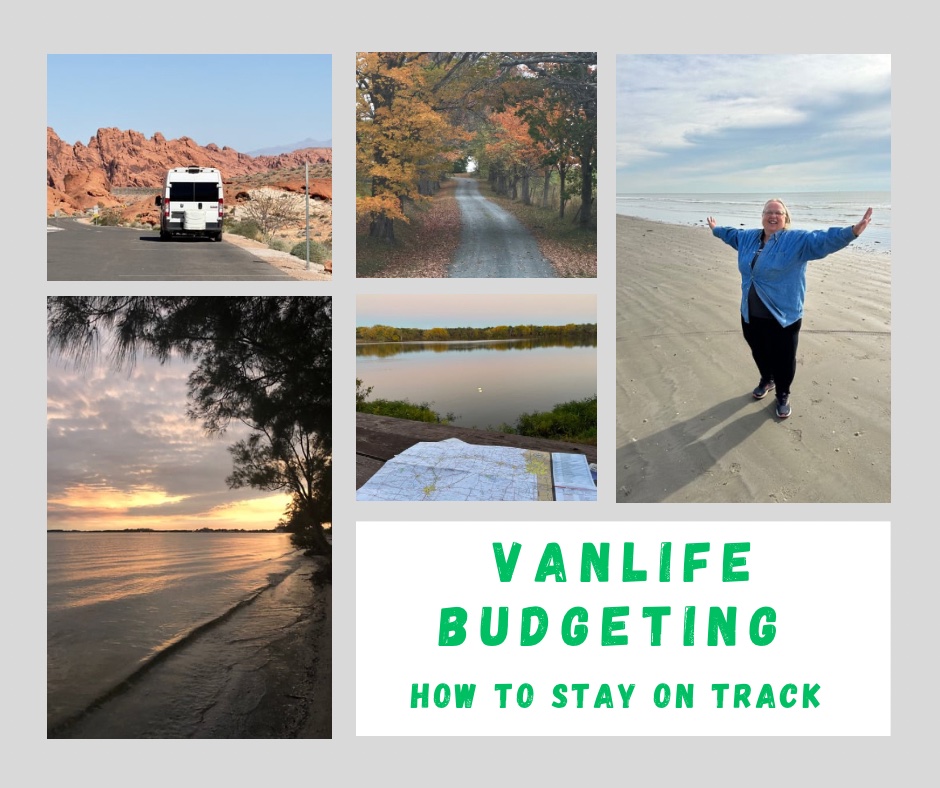.elementor-widget-image{text-align:center}.elementor-widget-image a{display:inline-block}.elementor-widget-image a img[src$= ».svg »]{width:48px}.elementor-widget-image img{vertical-align:middle;display:inline-block}

.elementor-widget-text-editor.elementor-drop-cap-view-stacked .elementor-drop-cap{background-color:#69727d;color:#fff}.elementor-widget-text-editor.elementor-drop-cap-view-framed .elementor-drop-cap{color:#69727d;border:3px solid;background-color:transparent}.elementor-widget-text-editor:not(.elementor-drop-cap-view-default) .elementor-drop-cap{margin-top:8px}.elementor-widget-text-editor:not(.elementor-drop-cap-view-default) .elementor-drop-cap-letter{width:1em;height:1em}.elementor-widget-text-editor .elementor-drop-cap{float:left;text-align:center;line-height:1;font-size:50px}.elementor-widget-text-editor .elementor-drop-cap-letter{display:inline-block}
Van life budgeting effectively requires careful planning and consideration of various expenses. Here’s a guide to help you budget for your vanlife adventure:
.elementor-heading-title{padding:0;margin:0;line-height:1}.elementor-widget-heading .elementor-heading-title[class*=elementor-size-]>a{color:inherit;font-size:inherit;line-height:inherit}.elementor-widget-heading .elementor-heading-title.elementor-size-small{font-size:15px}.elementor-widget-heading .elementor-heading-title.elementor-size-medium{font-size:19px}.elementor-widget-heading .elementor-heading-title.elementor-size-large{font-size:29px}.elementor-widget-heading .elementor-heading-title.elementor-size-xl{font-size:39px}.elementor-widget-heading .elementor-heading-title.elementor-size-xxl{font-size:59px}
1. Calculate Your Expenses
Start by listing all your potential expenses, including vehicle purchase or rental, fuel, insurance, maintenance, food, camping fees, entertainment, and miscellaneous costs. Even though vanlife is promoted to be less expensive it may not be, so consider all the extra costs to have a realistic idea of what you will need.
Truthfully my expenses are not much different than when I lived in my rented apartment in Vancouver, British Columbia, Canada. My van payment and gas are very similar to what my rent was and my other expenses are not that much different from my previous lifestyle.
2. Estimate Monthly Costs when Van Life Budgeting:
Break down your expenses into monthly estimates. Before purchasing a van and hitting the road be aware of what you are spending now on rent or mortgage, food, eating out, entertainment, car expenses, and all the other misc things that add up. Take the time to track your spending for a few months to get an esitmate of what you are currently spending.
3. Set a Realistic Budget:
Based on your monthly expenses, set a realistic budget for your vanlife adventure. You will still have bill payments like phone, internet, insurance, medical, and like me perhaps a vehicle payment. If you are leaving behind a permanent home, add those expense to your budget as well.
Your other costs may vary depending on your travel style and location so consider the things you want to do and places you plan to visit.
In my experience fuel costs can be one of your larger expenses especially if you plan to tour several different areas and drive long distances. If you are planning to go to one place and staying there for several months fuel may not be your biggest budget item, but then perhaps camping fees will be.
Be realistic on what you want to do and set your budget accordingly. Consider variables which may not have been on your list before like fuel costs, van maintainence, campground fees, park fees, laundry, water fillup or dumping waste.
Make sure to include a buffer for unexpected costs or emergencies. On my first trip into the United States I didn’t consider the exchange rate, this threw my budget out of wack really quickly. An emergency fund needs to be an item in your budget.
4. Track Your Spending:
Tracking of your spending when on the road is not always easy or fun but it is important to ensure you stay within your budget. Knowing the amount I have spent each month helps me to stay on track.
Use spreadsheets, budgeting apps, or journals to monitor your expenses and identify areas where you can cut back if necessary. I have a small bookkeeping business and work remotely so this is fairly easy for me to do. I support you to find a way that works for you.
5. Minimize Fixed Costs:
Try to minimize fixed costs by opting for a fuel-efficient vehicle, choosing free or low-cost camping options, and cooking your own meals instead of eating out. I chose to purchase a newer van knowing I would have less maintenance up front. I figured the amount of my van payment now could be used for maintenance fees as it ages over the years.
6. Plan for Maintenance and Repairs:
Because I had a newish vehicle (1 year old) I figured I was safe for any huge maintainence costs for a few years. My costly mistake. The first suprise expense was purchasing new tires. I had bought a carrier van and the tires were just not good enough for the new weight of my converted one. I hadn’t planned on this huge expense.
Being on the road full time or even part time adds wear and tear to any vehicle. Budget for regular maintainence and the unexpected. Setting aside a portion of your budget for maintenance can help prevent costly surprises down the road. I am fairly regilious about getting regular oil changes and tire rotations on my van. This gives me peace of mind when on the road.
7. Prioritize Spending when Van Life Budgeting:
Prioritize your spending based on your values and priorities. If enjoying new restaurants, local wineries or other expensive activities is important to you allocate more funds to these items and cut back on non-essential expenses when vanlife budgeting.
8. Seek Ways to Save::
Unless you are lucky enough to have an unlimited budget look for ways to save money while on the road, such as using discount programs for camping, cooking meals in bulk, and taking advantage of free attractions and activities. Signing up for gas cards for cash back or rewards can help save money on fuel costs.
9. Generate Income:
Consider ways to generate income while traveling, such as remote work, freelance gigs, seasonal jobs, or monetizing skills like photography or writing. As I mentioned earlier I have a small bookkeeping business which supplements my income. I know several people on the road, often the younger generation who need to find a way to add to their income.
10. Review and Adjust:
Regularly review your budget and adjust as needed based on changing expenses or financial circumstances. Be flexible and willing to adapt your budget to ensure a sustainable vanlife lifestyle.
By following these van life budgeting tips and staying mindful of your spending, you can enjoy a fulfilling vanlife adventure without breaking the bank.
The post Van Life Budgeting Anxiety? How to Stay on Track appeared first on Sharing My Van Life.

